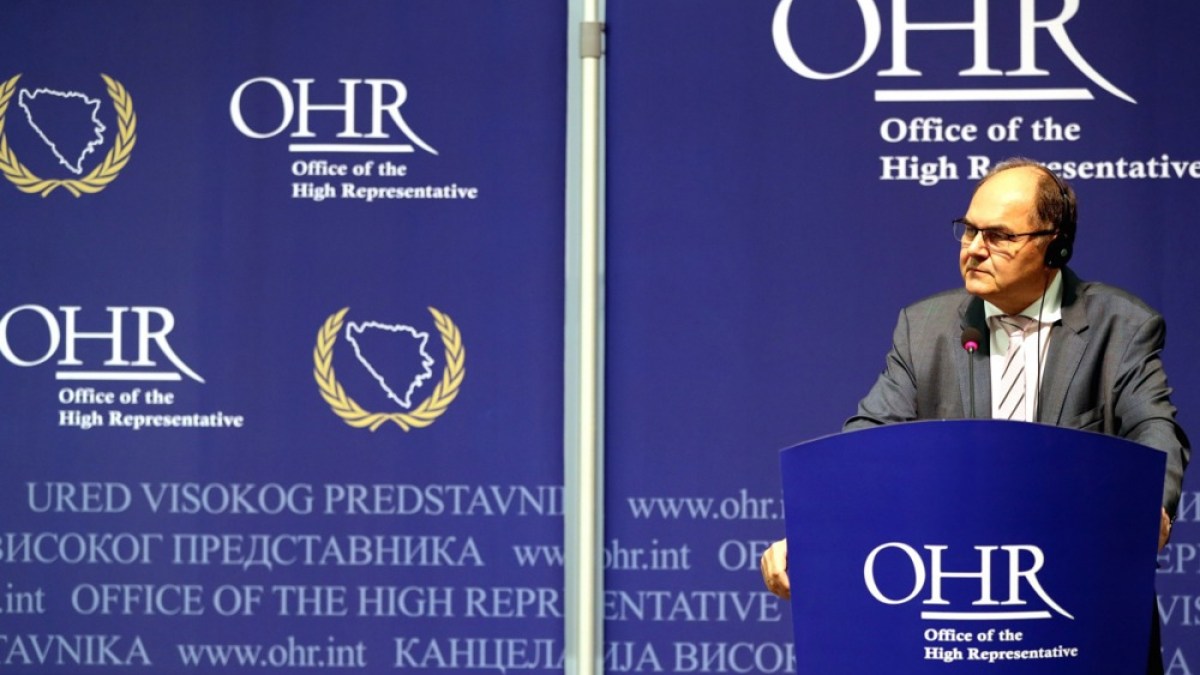The main article analyzes criticisms of the Dayton Peace Agreement, highlighting its shortcomings in supporting a civic state and democracy in Bosnia and Herzegovina. Professor David Pettigrew emphasizes that the legitimization of Republika Srpska, an entity formed through war crimes, is problematic, and that the constitution based on ethnic divisions fuels nationalist tensions. The European Court of Human Rights has repeatedly ruled that existing constitutional provisions violate citizens’ rights. The need for urgent constitutional reforms supporting the rule of law and human rights is stressed, along with criticism of a recent statement by the High Representative considered insensitive to these rulings. Members of the Presidency of BiH call for democratic reforms and warn of the dangers of state destabilization by ultranationalists.
Political Perspectives:
Left: The left-leaning perspective emphasizes the need for comprehensive constitutional reforms to dismantle ethnic divisions entrenched by the Dayton Agreement. It highlights the human rights violations and discrimination against citizens based on ethnicity, calling for a civic, democratic Bosnia and Herzegovina. The left criticizes the legitimization of Republika Srpska and stresses the importance of implementing European Court of Human Rights rulings to ensure equality and democracy.
Center: The centrist perspective acknowledges the historical context of the Dayton Agreement as a necessary peace framework but recognizes its limitations in fostering a fully democratic and civic state. It supports gradual constitutional reforms that balance ethnic group rights with democratic principles and the rule of law. The center calls for dialogue among all political actors and stresses the importance of stability while addressing human rights concerns.
Right: The right-leaning perspective tends to defend the Dayton Agreement as a guarantor of peace and ethnic group representation, emphasizing the importance of protecting the rights of the constituent peoples, including Bosnian Serbs and Croats. It may view calls for rapid reforms as destabilizing and potentially threatening to the autonomy of Republika Srpska. The right is cautious about changes that could undermine the current power-sharing arrangements.








